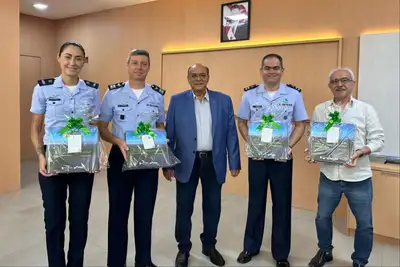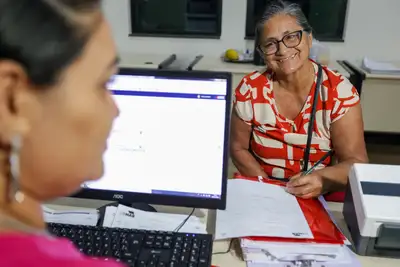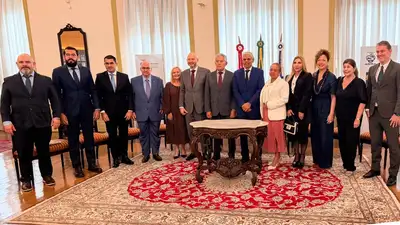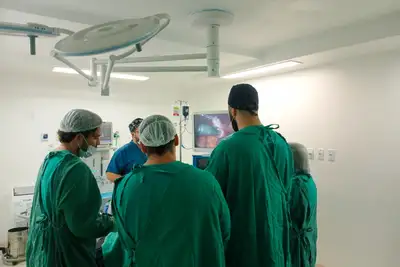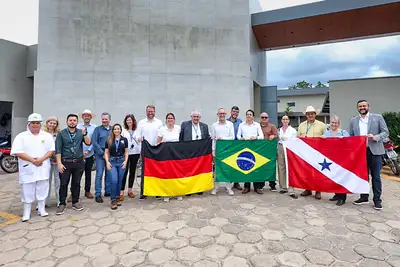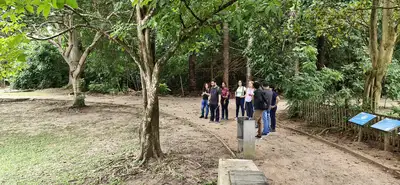Ophir Loyola hosts national masterclass on urogenital reconstructive surgery
The event brought together resident doctors and renowned specialists from Brazil and around the world in Belém as part of the XV North-Northeast Congress of Urology
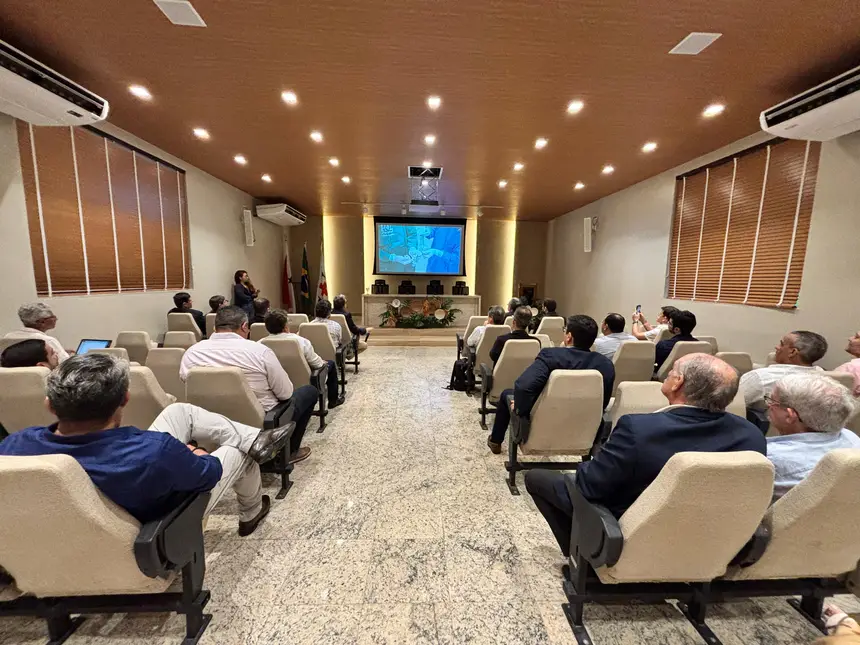
The Ophir Loyola Hospital (HOL), in Belém, hosted the pre-congress activities of the Masterclass on Urogenital Reconstructive Surgery this Thursday (15), an event that is part of the program of the XV North-Northeast Congress of Urology — the largest meeting of the specialty in the region and one of the most relevant in the country. The course brought together nationally and internationally renowned professionals, featuring live surgeries, clinical discussions, and scientific presentations focused on advanced techniques in urogenital reconstruction.
Notable participants included Dr. Rodrigo Krebs, national head of the Reconstructive Urology Department of the Brazilian Society of Urology (SBU), the former department president, Dr. Gustavo Wanderley, Dr. André Cavalcanti — one of the leading specialists in the field in Brazil — and Dr. Francisco Martins from Portugal, a world reference in reconstructive urology. In total, five high-complexity procedures were performed live and broadcast in real-time to the Luiz Geolás auditorium within the hospital.
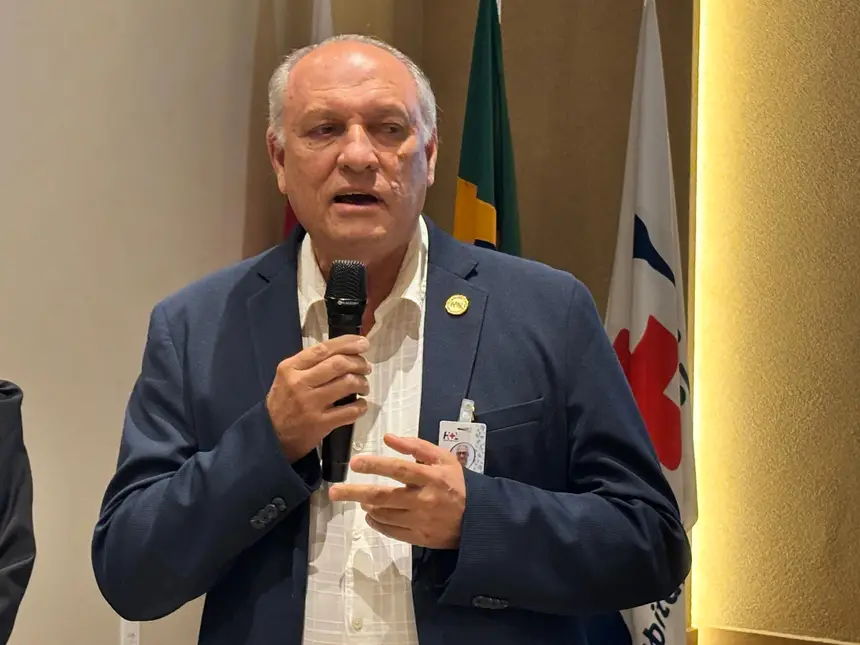
The general director of HOL, Heraldo Pedreira, highlighted the institution's leadership in specialized medicine in the Northern Region and stressed the importance of actions that unite education, assistance, and innovation. "In addition to directly benefiting our patients, these scientific programs allow for the updating of local professionals and pave the way for new initiatives. Our residents leave highly qualified. The goal is to expand access to treatments that restore functions and dignity to those who have already faced tough battles against cancer," he stated.
Among the surgeries performed were the implantation of inflatable and malleable penile prostheses, placement of artificial urinary sphincters, and urethral reconstructions. All patients treated are followed by the hospital's urology service and present cancer sequelae, such as erectile dysfunction, urinary incontinence, and urethral strictures — common complications after prostate cancer treatment.
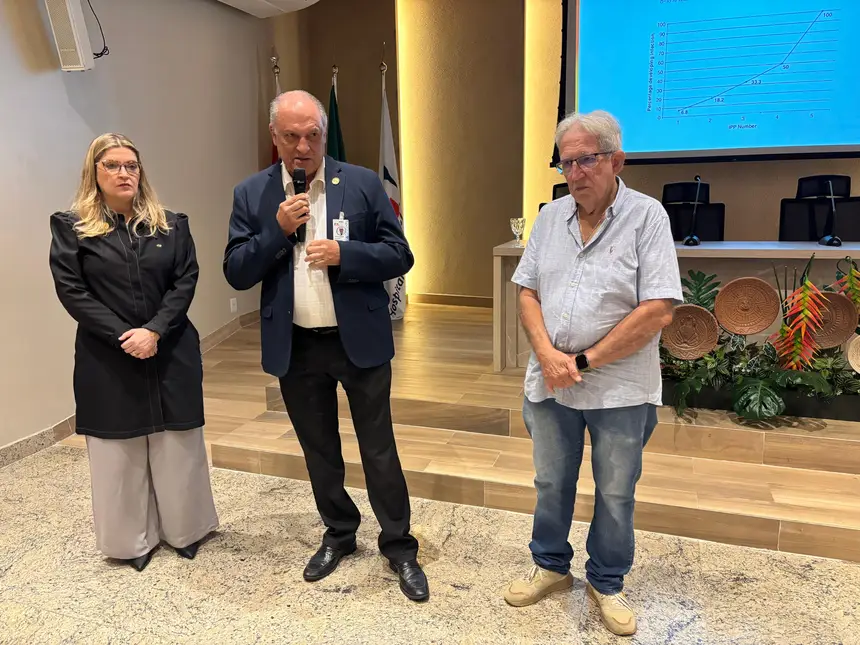
The urologist at HOL and president of the Brazilian Society of Urology – Pará Section, Luis Otávio Pinto, emphasized the importance of the event. "The Masterclass is part of the North-Northeast Congress, which returns to Belém after about 20 years. This course is focused on reconstructive urology, an essential area for treating sequelae of diseases such as cancer. We managed to gather here world-renowned names, with surgeries performed by highly qualified professionals," he stated.
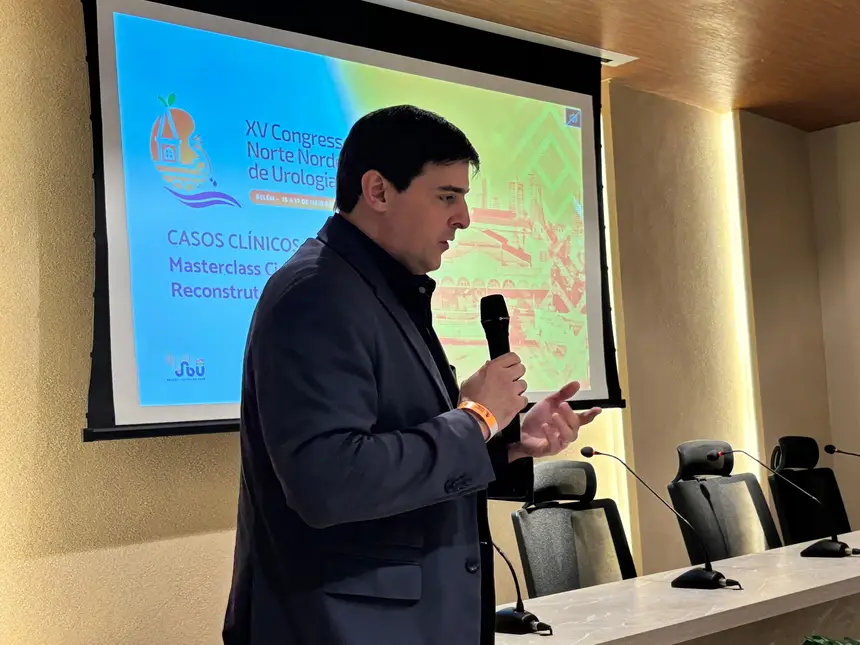
One of the most symbolic moments of the program was the first surgery for the implantation of an inflatable penile prosthesis by the Unified Health System (SUS) in the state of Pará. The patient, who had been operated on in 2017 at the same hospital, presented severe erectile dysfunction after overcoming prostate cancer. "The ultramodern device, valued at around R$ 100,000, is imported from the United States and was donated by Boston Scientific, the event's sponsor. The technology allows the patient to safely and discreetly regain sexual function, with internal activation," explained Dr. Luiz Otávio.
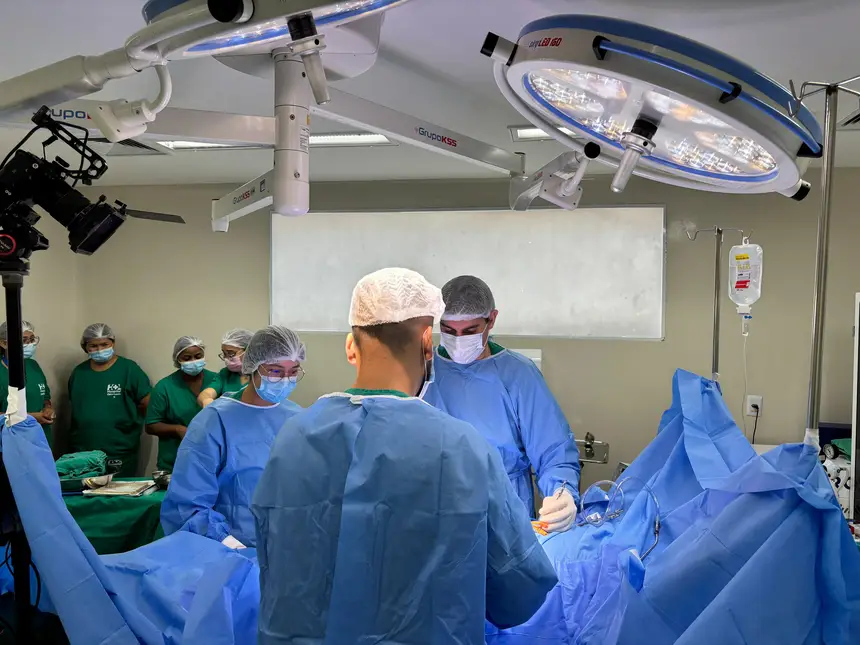
Another patient, who suffered from severe urinary incontinence and used more than ten diapers a day, received an artificial urinary sphincter, valued at around R$ 75,000. "This device will provide him with a significant recovery in quality of life. The surgery was performed by one of the country's leading specialists," reported the urologist at HOL.
In addition to technical excellence, the event reinforced HOL's role as a reference in oncology in the Northern Region. "We serve patients from various states in the region, many with sequelae that require exactly this type of surgical intervention. Having an event of this magnitude here is a true milestone," the doctor concluded, highlighting that all operated patients will continue to be monitored by the institution's urology service, which has the largest casuistry of prostate cancer in Pará.



